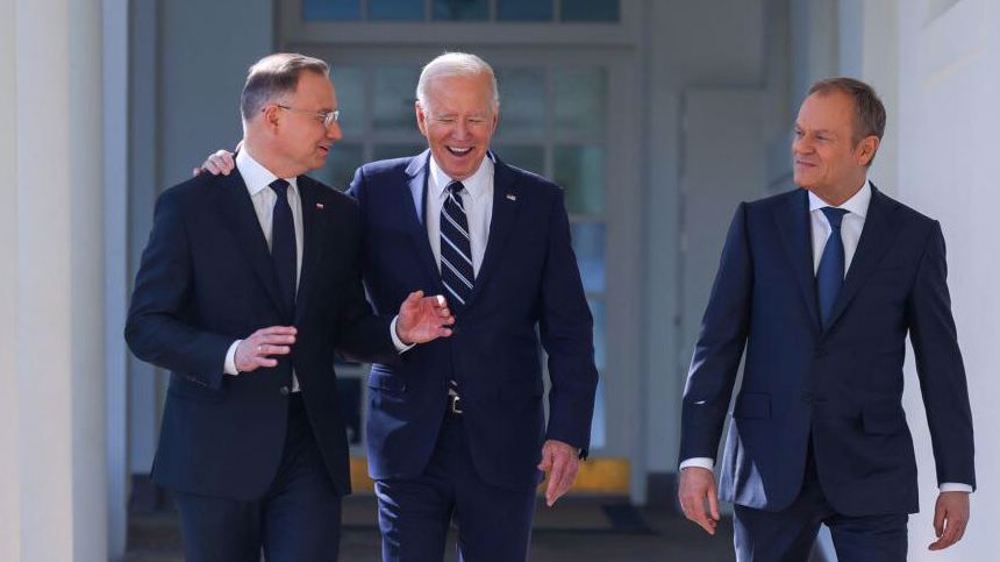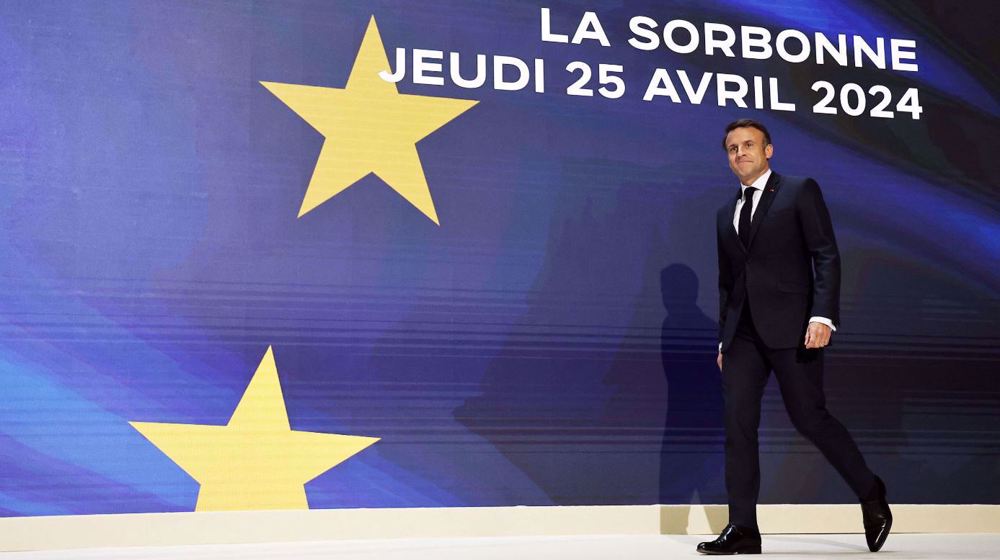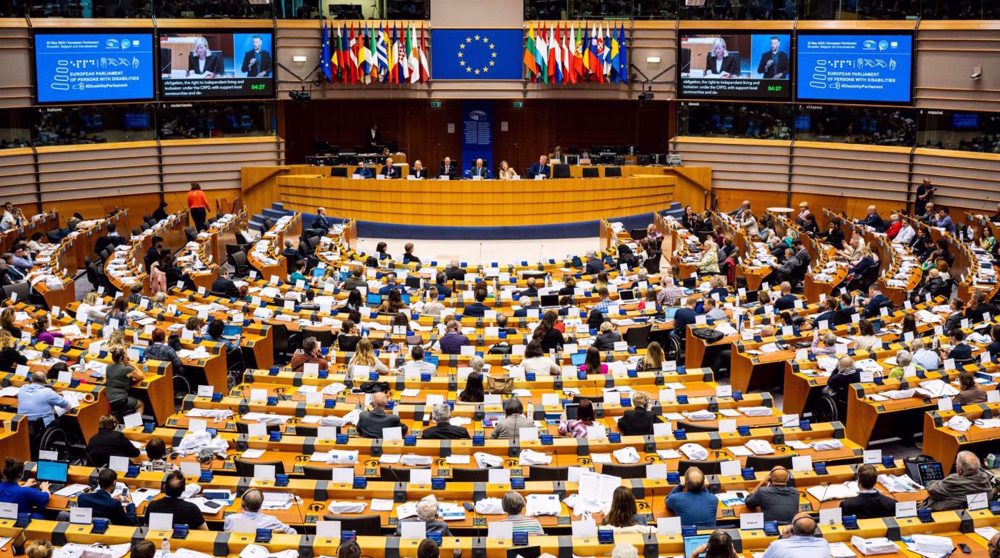Energy watchdog: EU ‘not out of danger zone yet’, could face gas shortages in 2023
The International Energy Agency (IEA) has warned that the European Union could face gas shortages next year if Russia chipped further away at supplies over the war in Ukraine, calling on the bloc to act faster to save energy and expand renewables.
Fatih Birol, the head of the Paris-based agency, said at a news briefing on Monday that the EU stored enough gas to get through the winter but "the crisis is not over" and shortages may occur in 2023 rather than 2022.
"This winter, it looks like we are off the hook. We may go through this winter with some economic and social bruises, but normally we should go to this winter without shortages as a result of all the measures taken in Europe because our gas shortages are very high," Birol told reporters.
"But the message that I am bringing up to you today is that the crisis is not over and next year 2023 may be much more difficult than this year," he said.
The European Union has made significant progress in reducing reliance on Russian natural gas supplies, the IEA’s chief said, “But it is not out of the danger zone yet.”
The IEA estimated that Europe faces a potential shortfall of 23 billion cubic meters of natural gas if Russia completely halts deliveries, calling for better campaigns to encourage consumers to use less energy.
"The IEA's new analysis shows that a stronger push on energy efficiency, renewables, heat pumps and simple energy saving actions is vital to head off the risk of shortages and further vicious price spikes next year," Birol said at the presser while launching the agency's latest analyses. Those analyses, he said, concluded that the potential supply gap can be closed by the EU taking those additional measures.
Despite Russia slashing gas deliveries this year, Europe has averted a severe shortage and started the winter with brimming gas storage tanks, thanks in part to emergency EU measures to fill storage, plus a lucky spell of mild weather and high gas prices that dampened demand for the fuel.
Moreover, European Commission President Ursula von der Leyen said the bloc's gas supply was "safe for this winter" and that the 27-country bloc was preparing for the next one amid speculations of a protracted war in Ukraine. She urged EU member states to quickly approve additional measures to boost energy preparedness, and called for joint purchases of energy.
Russia began what its “special military operation” in Ukraine on February 24, with a declared aim of “demilitarizing” the ex-Soviet country’s Donbas region, which is made up of the Donetsk and Luhansk self-proclaimed republics. Shortly after the onset of the war, the United States and its European allies unleashed waves of unprecedented sanctions against Moscow, which repeatedly warned such punitive measures will certainly backfire.
Russia has virtually cut its flow of natural gas to Europe, citing technical difficulties caused by the sanctions, leaving Europe to face a cold winter. The EU relied on Russia, the world’s second largest natural gas producer, for 40 percent of its natural gas, which is the second most common energy source in Europe after petroleum oil.
Iran says defense, military cooperation with India promotes regional security
VIDEO | Thousands of pro-Palestinian protesters march through London
VIDEO | Iran aims to boost economic ties with Africa amid US sanctions
Iran emerges as regional medicine hub, data show
US campus protests: Over 100 imams, scholars declare solidarity with students
Resistance strikes against Israel will stop when Gaza war ends: Hezbollah
VIDEO | Patience and Palestine
VIDEO | Captives' families









 This makes it easy to access the Press TV website
This makes it easy to access the Press TV website